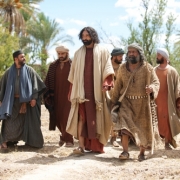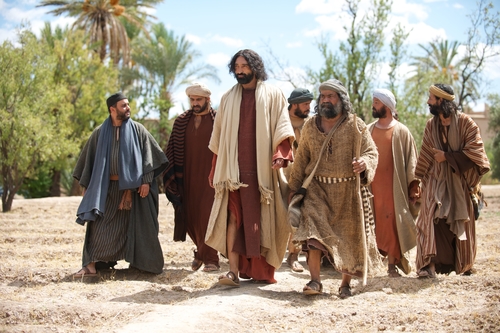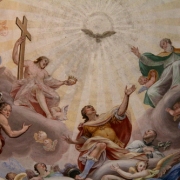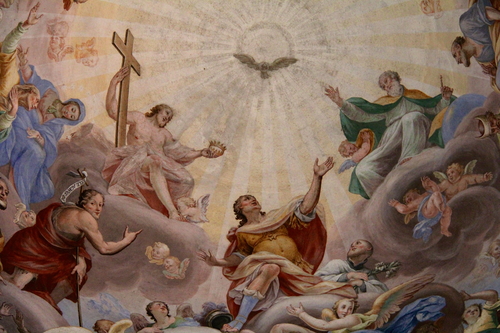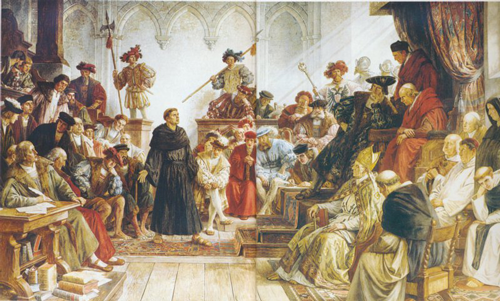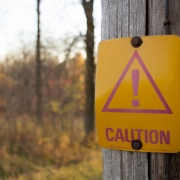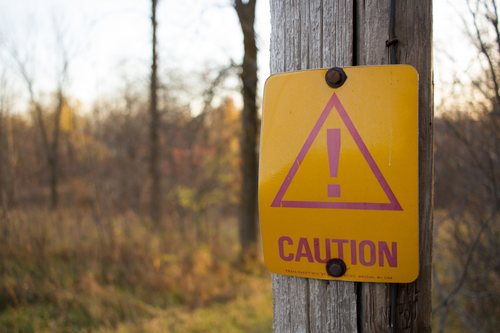Knowing Whom You Pray To
And being let go, they went to their own companions and reported all that the chief priests and elders had said to them. So when they heard that, they raised their voice to God with one accord and said: “Lord, You are God, who made heaven and earth and the sea, and all that is in them.” (Acts 4:23-24)
God worked something powerful in and through Peter and John. They stood before a council of important men who demanded that they stop proclaiming Jesus. Peter and John refused, but the council couldn’t stop such determined men. All they could do was threaten Peter and John and release them.

When Peter and John met with the other disciples, they reported all that the chief priests and elders had said. They had good news to report. We can picture them saying, “We got to tell them about Jesus! They realized we were like Jesus! They told us not to tell others about Jesus!”
In response to this exciting report, the early Christian community – their own companions had a prayer meeting. Notice that important events moved them to prayer. It should be the same with us!
We see several important things about this early church prayer meeting.
First, they raised their voice. This means that they prayed vocally. It is certainly possible to pray silently in our minds, but we focus our thoughts more effectively when we speak out in prayer.
The word “voice” is in the singular. This means that they did not all pray individually, speaking at the same time. In this prayer meeting, one person prayed, and all agreed with that one, so that they were really praying with one voice.
Next, they prayed with one accord. This means that they prayed in unity. There was no strife or contention among them. There wasn’t one group saying, “We should pray for this” and another saying, “we should pray for that.” They had the same mind when they prayed.
Finally, they addressed God like this: Lord, You are God. They began by reminding themselves who they prayed to. They prayed to the Lord of all creation, the God of all power.
This word Lord in Acts 4:24 is not the most common word for “Lord” used in the New Testament; it is the Greek word despotes. We get the English word “despot” from this ancient Greek word. Despotes was a word used of a slave owner or of a ruler who has power that cannot be questioned. They prayed with power and confidence because they knew God was in control.
When we pray, we often forget just who it is we pray to; or worse yet, we pray to an imaginary God of our own ideas. The disciples had power in prayer because they knew whom they prayed to.
Pray today – but make sure you pray to the God who really exists, the mighty God revealed to us in the Bible. Don’t pray to the God of your imagination.






